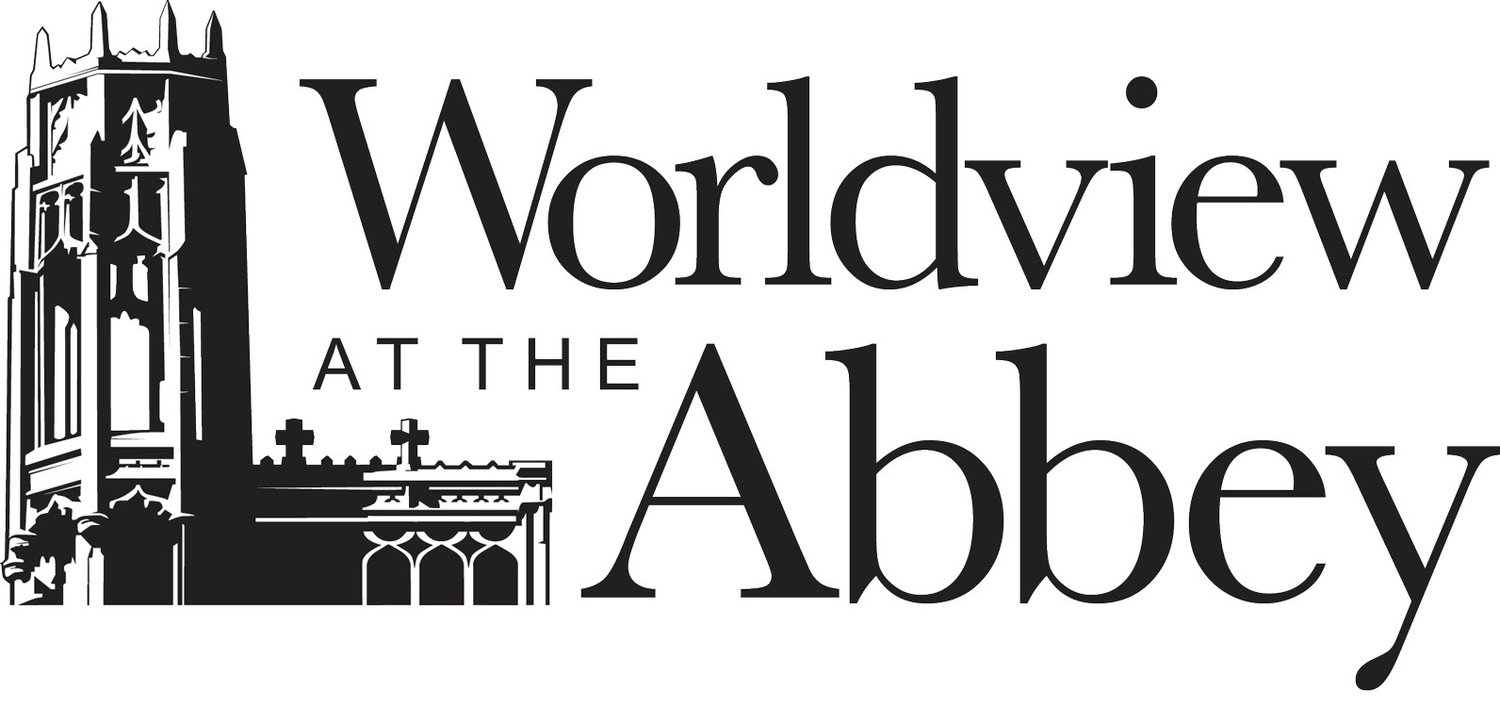What is Your Definition of Justice?
/“What is your definition of justice?” This is a question I’ve taught hundreds of students to ask over the last four years at Worldview Academy camps, TeenPact Leadership Schools, and Worldview at the Abbey students who needed to ask questions of anyone in government.
I taught students that question because it was always a great question to workers in government – after all, didn’t the purpose of law and government center around dispensing justice?
In classes and lectures, justice is such a beautiful thing to talk about. The idea of balance, wrongs being made right, and right being rewarded resonates with everyone. We read “The Republic” and talk about purpose and justice. We read our founding documents and discuss the rights of man and how justice is to uphold them.
The Kavanaugh hearings over the last couple weeks have been a frightening critique of our country’s modern idea of justice. The irony and paradox of confirming someone to sit on the highest court in our country for a life term to be run through the media circus has been probably the hardest thing to watch since the 2016 presidential debates.
What we’ve seen from our capitol in the last two weeks has been the opposite of any theory of justice. It has been “The Prince” by Niccolo Machiavelli in some of the vilest forms. It has been a woman supposedly (and hopefully) seeking justice that has been used to make a public mockery of a man who by most accounts for decades has sought favor and a good name, publicly and privately.
The stories and facts of the case created a situation where all of the conflicting stories and informational holes literally put one person’s word against another and dared the Senators from two increasingly polarized and complex parties to vote on a man to be on the Supreme Court of this nation in an age where everyone believes information is skewed, but only the information given out on the other side of the aisle.
Beyond the sick feeling of the tactics used on either side is the even deeper question: how do we know what is true? Scripture says that if any man is accused, let it be at the word of multiple witnesses. The entire Western law system is built upon how previous cases were decided, and upon systems for determining if laws were broken.
And all of that is thrown out the window now at the preference of voting Americans to listen to openly biased news sources and late-night comedians to tell them what to think, and consequently put pressure on our current lawmakers.
Is this your definition of justice? Will the very idea of compassion for the victim be allowed to be wielded as a weapon for political purposes? Will we take as truth for our lawmakers any accusation that arises, or will our standards be higher?
If Ms. Ford’s accusations are true, then she really has been brave to come forward knowing that she had no case other than an uncorroborated story. If her story is true then her mistake was going to the wrong place with it.
Thankfully, our lawmakers realized that justice is not to be carried out at the whim of those who have the most Twitter followers.

